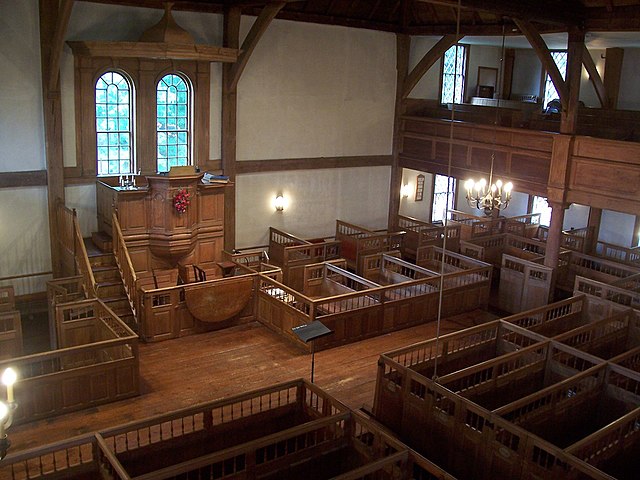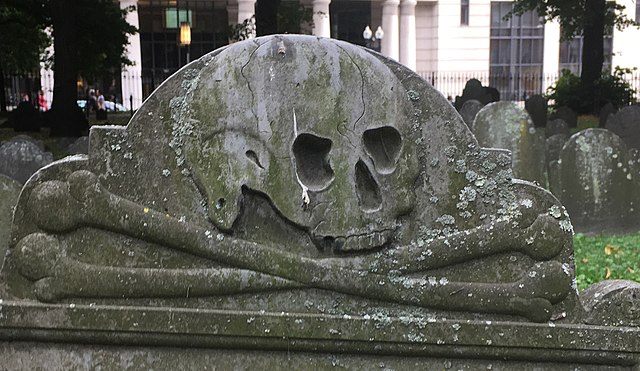Cotton Mather was a Puritan clergyman and author in colonial New England, who wrote extensively on theological, historical, and scientific subjects. After being educated at Harvard College, he joined his father Increase as minister of the Congregationalist Old North Meeting House in Boston, Massachusetts, where he preached for the rest of his life. He has been referred to as the "first American Evangelical".
Mather, c. 1700
John Cotton (1585–1652)
Holograph copy of Cotton Mather's letter of advice to John Richards concerning the impending trials at Salem, May 31, 1692
The Return of Several Ministers, written in Cotton Mather's hand
The Puritans were English Protestants in the 16th and 17th centuries who sought to rid the Church of England of what they considered to be Roman Catholic practices, maintaining that the Church of England had not been fully reformed and should become more Protestant. Puritanism played a significant role in English and early American history, especially during the Protectorate.
Gallery of famous 17th-century Puritan theologians: Thomas Gouge, William Bridge, Thomas Manton, John Flavel, Richard Sibbes, Stephen Charnock, William Bates, John Owen, John Howe and Richard Baxter
The Westminster Assembly, which saw disputes on Church polity in England (Victorian history painting by John Rogers Herbert).
Interior of the Old Ship Church, a Puritan meetinghouse in Hingham, Massachusetts. Puritans were Calvinists, so their churches were unadorned and plain.
Death's head, Granary Burying Ground. A typical example of early Funerary art in Puritan New England








